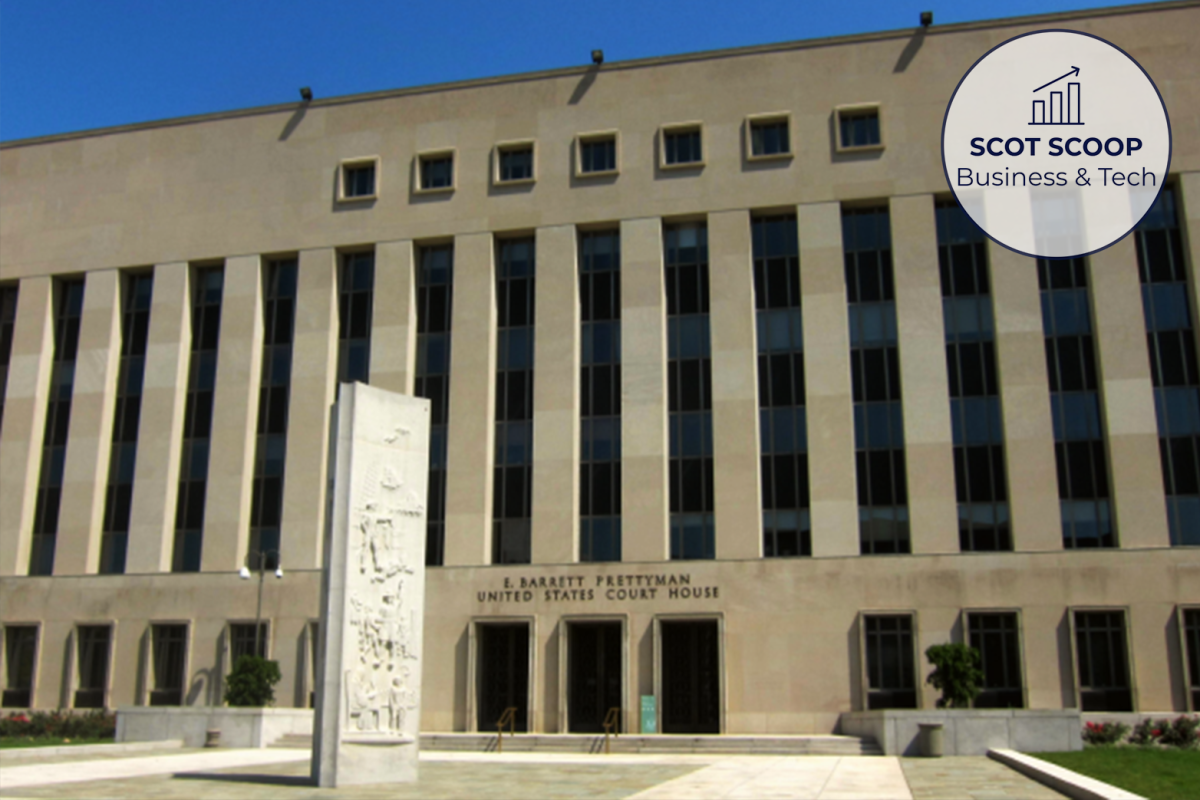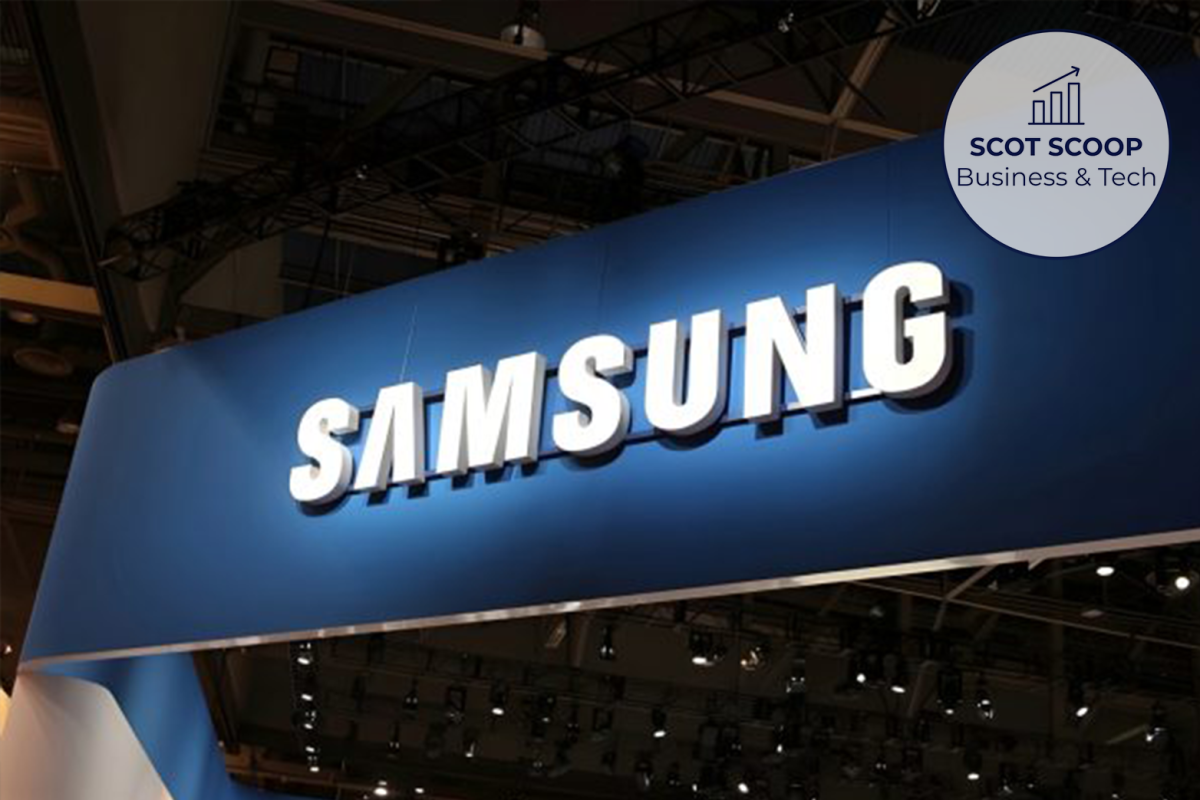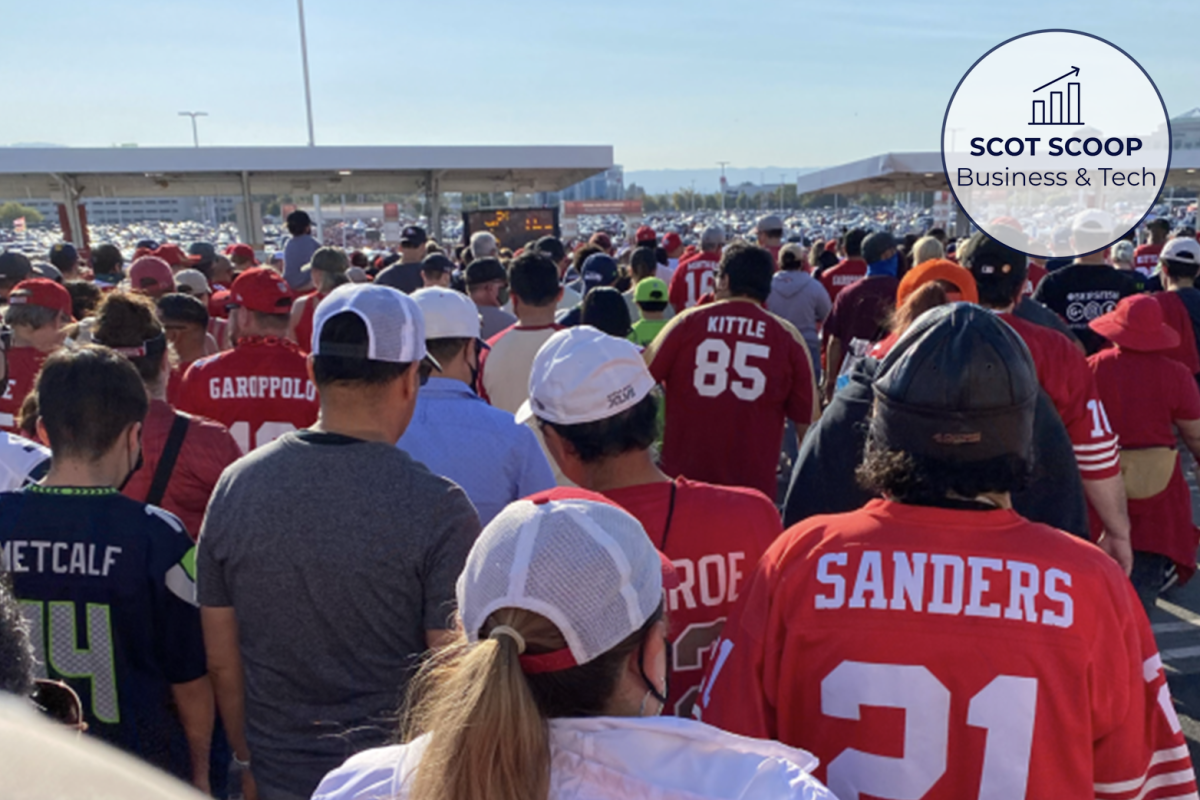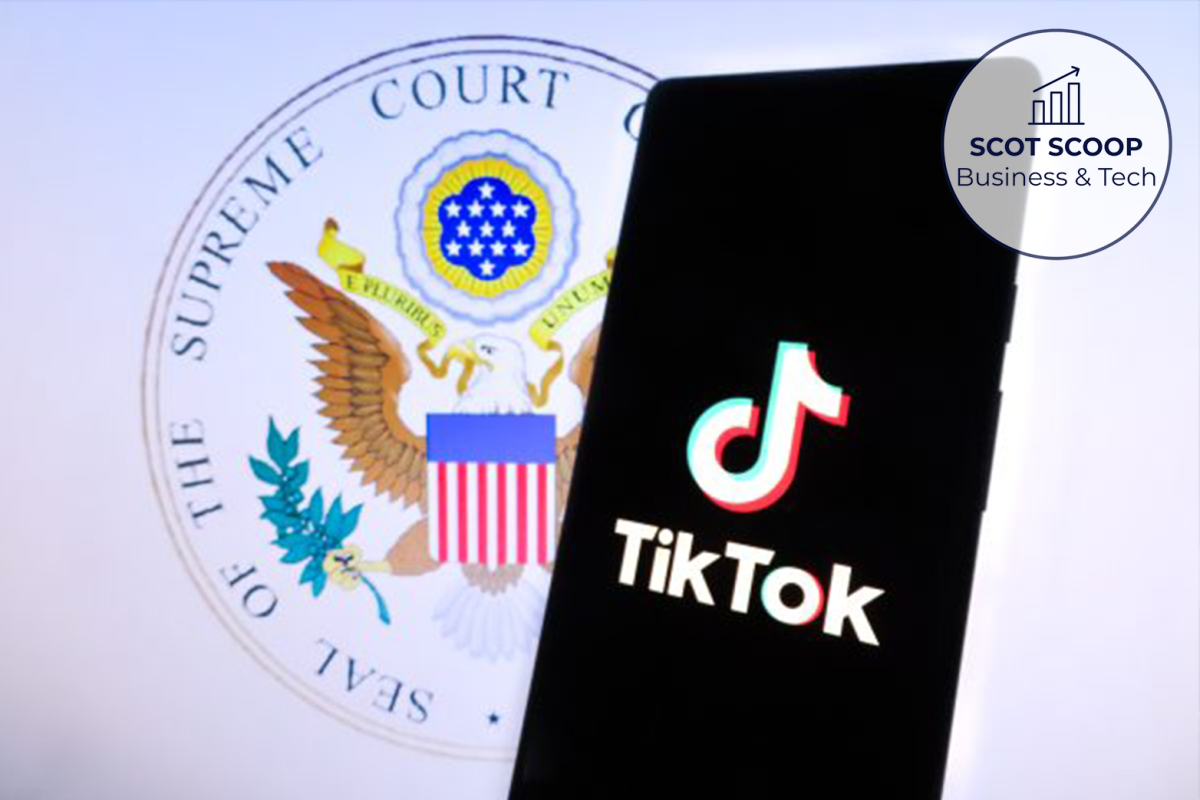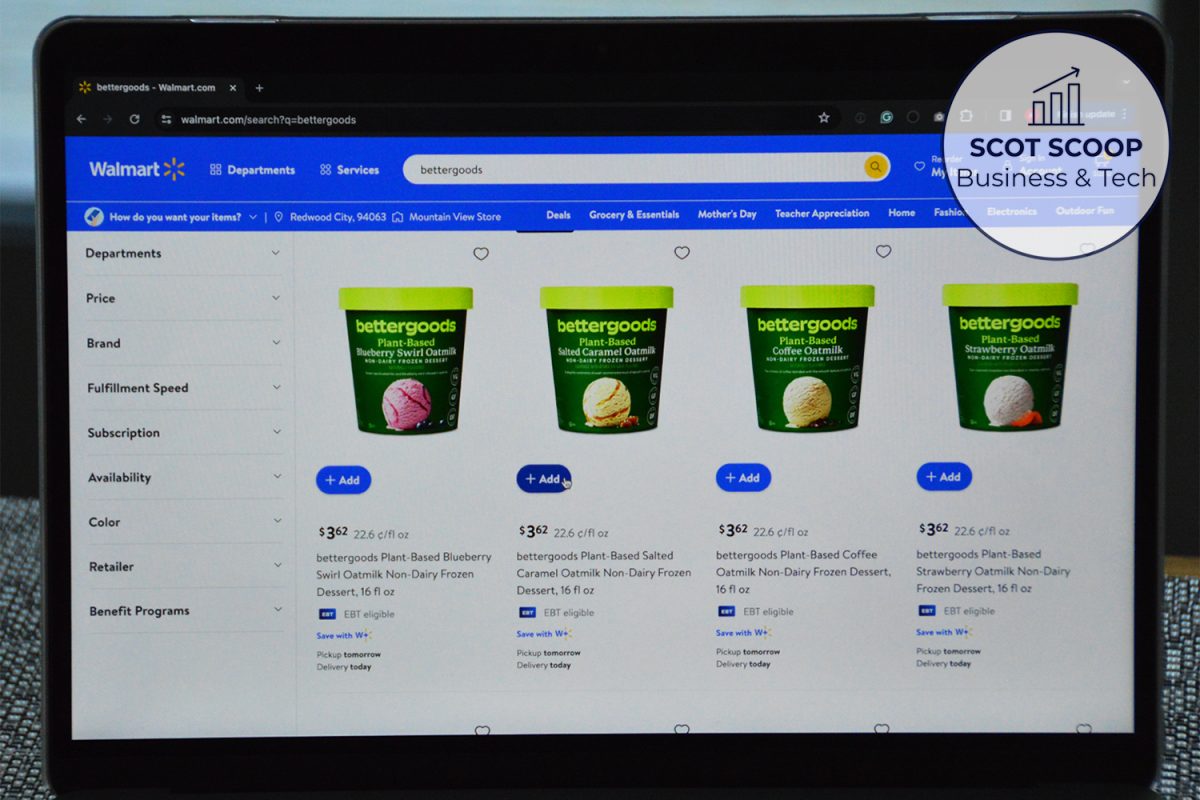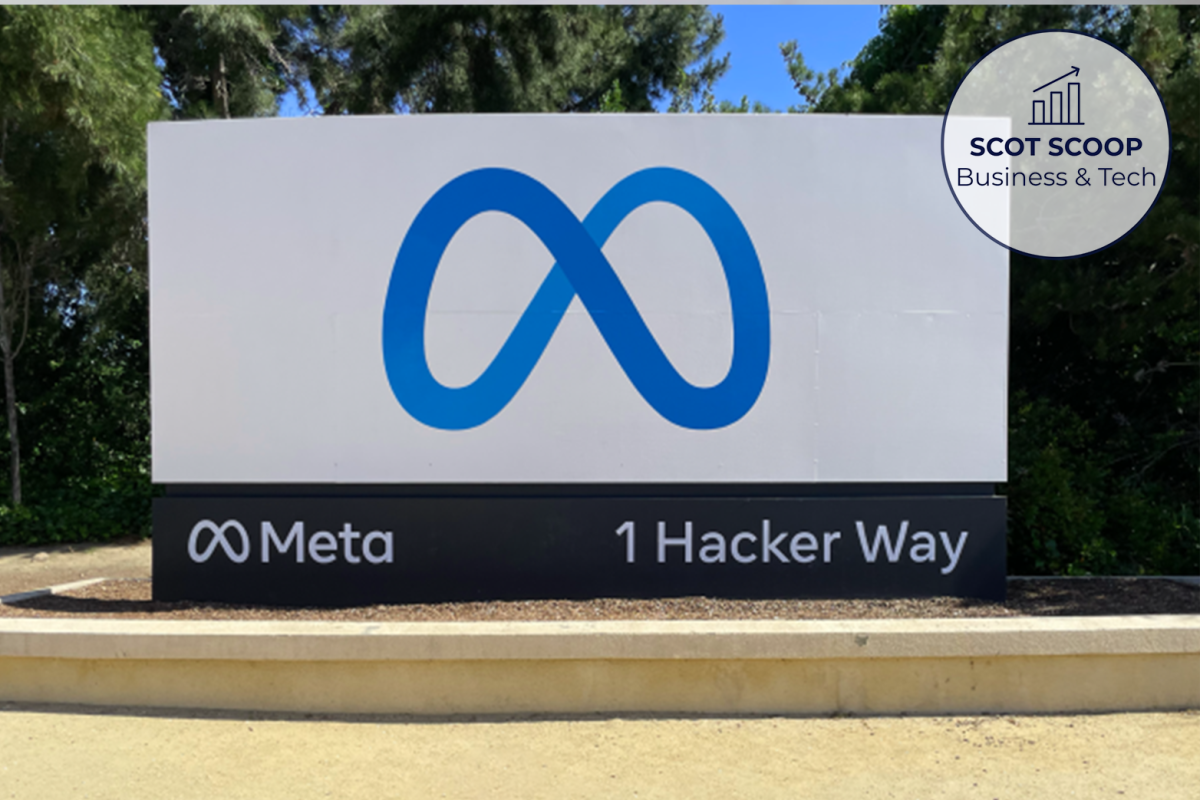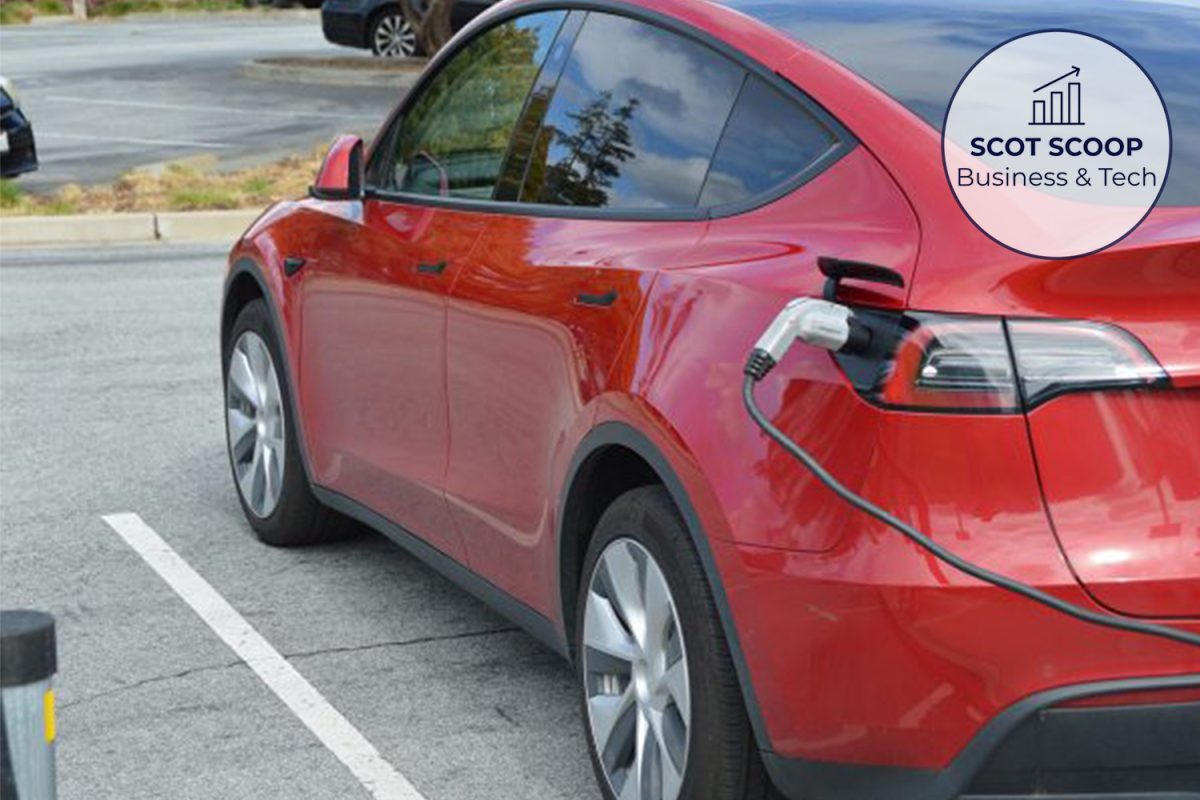The landmark antitrust case levied against Google by the Department of Justice (DOJ) is drawing to a close. The case — U.S. et al. v. Google — alleges Google violated the Sherman Antitrust Act of 1890 by monopolizing the search engine market and squashing competition. During the trial, Sundar Pichai, chief executive officer at Google, testified that Google’s dominance was due to it providing a better product.
During the past few years, regulators have moved to block mergers and acquisitions, although this case has been more significant due to a deeper evaluation of the businesses. In 2020, CNBC reported on the lawsuit as the most important antitrust suit since United States v. Microsoft, when the government alleged that Microsoft had monopolized the web browser market in Windows.
“It’s the first of the major monopolization cases against the major tech platforms to go to trial, and so that makes it a bellwether,” said Rebecca Haw Allensworth, a professor who studies antitrust.
The government’s efforts have not been limited to Google. In what the government has characterized as an effort to rein in Big Tech and promote competition, it has sued Google twice, as well as Amazon, Apple, and Meta.
Amazon
In September, the Federal Trade Commission (FTC) and 17 states sued Amazon, alleging that Amazon suppresses its competition from being allowed to grow to a size where they could threaten Amazon. The FTC also found “artificially higher prices” which harms consumers. Amazon said that the FTC doesn’t understand retail, and the lawsuit would make Amazon actually have to harm consumers.
Apple
Just a few months ago, in March, the DOJ sued Apple, alleging that Apple was using a monopoly in the smartphone market to block competition and raise prices. The suit said that Apple blocked competitors to Apple products from being offered. Apple has argued that its actions make the iPhone better and claimed that the lawsuit was “wrong on the facts” in a statement.
Meta
In December 2020, the FTC sued Meta for monopolizing the social media market by purchasing Instagram and WhatsApp. Forty other states had accused Meta of illegally buying Instagram and WhatsApp to block competition. Meta has argued that their acquisitions did not harm consumers and has asked for the lawsuit to be dismissed.
In January, the DOJ and eight states filed another lawsuit against Google for abusing a monopoly in ads. The suit alleged that Google acquired its competitors to prevent competition and forced others to use their ad technology. Google has argued that the ad market is competitive and that the lawsuit would hurt small businesses and innovation.

